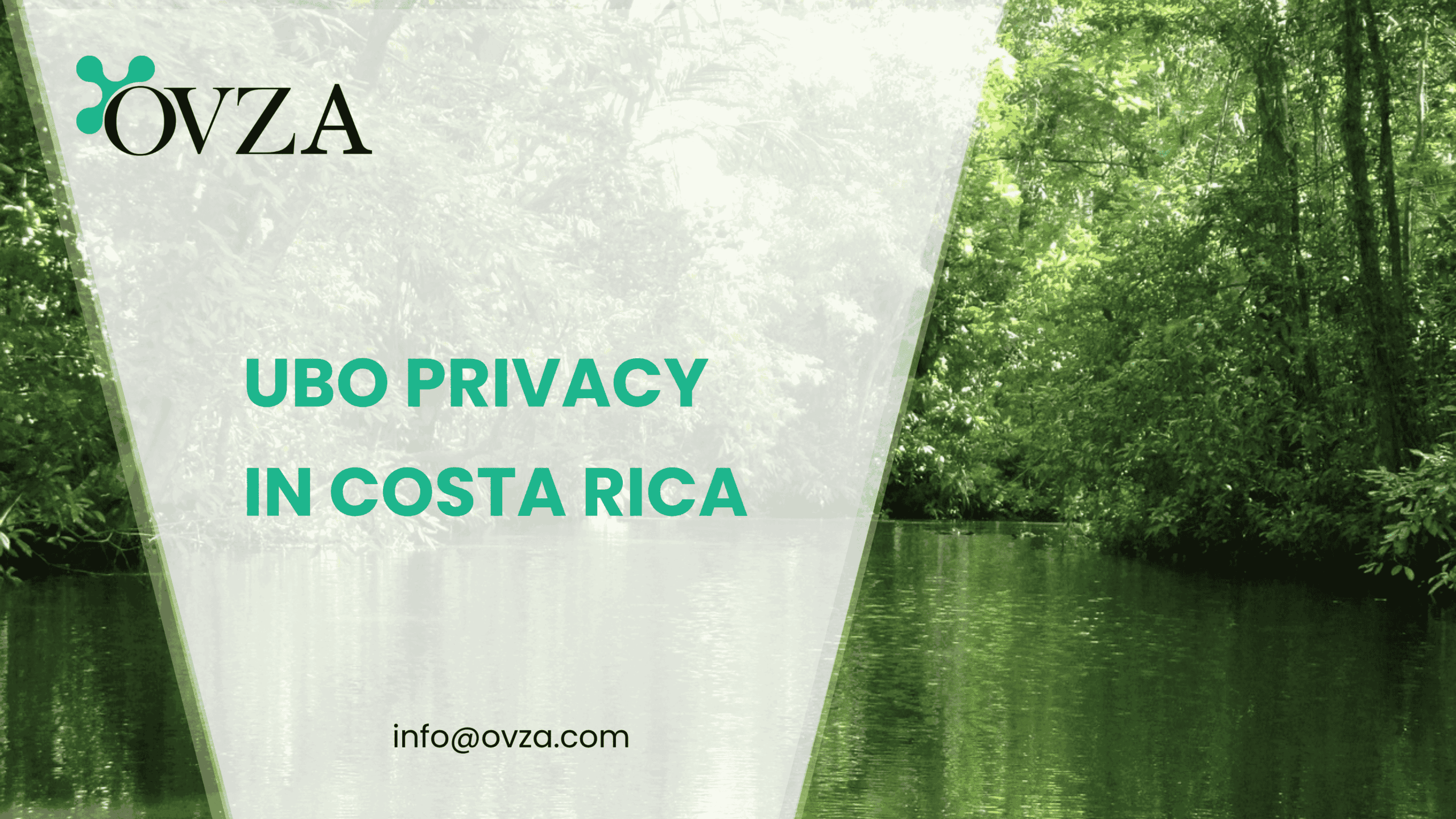Why Choose Samoa Company Registration for Real Estate Investors?
Samoa Company Registration is ideal for real estate investors seeking tax efficiency, privacy, and global market access with company registration benefits. Samoa, a serene island nation in the Pacific, is not only a tropical paradise but also a strategic jurisdiction for real estate investors seeking tax efficiency, privacy, and global market access. With its business-friendly environment, attractive tax regime, and robust legal framework, Samoa has become a preferred destination for property investors worldwide.
According to Samoa International Finance Authority (SIFA), the jurisdiction has seen a growing interest from real estate investors looking to optimize their financial and operational structures. This guide provides a comprehensive overview of how real estate investors can benefit from registering a company in Samoa, including tax advantages, compliance requirements, and a step-by-step setup process.
How Can Samoa Company Registration Benefit Property Investors?
1. Tax Advantages
Samoa Company Registration offers a tax-neutral environment for real estate investors, making it an attractive jurisdiction for property investments. Key tax benefits include:
- Zero Corporate Tax: Samoa Company does not impose corporate tax on income generated outside its territorial borders, allowing investors to maximize profits from international real estate transactions.
- No Capital Gains Tax: Investors can sell properties without worrying about capital gains tax, enabling them to reinvest profits more effectively.
- Exemption from Stamp Duty: Property transfers within a Samoa Company Registration are exempt from stamp duty, reducing transaction costs.
For example, a real estate investor with properties in multiple countries can use a Samoa-registered company to consolidate ownership and benefit from significant tax savings.
2. Privacy and Confidentiality
Samoa Company Registration provides strong privacy protections for real estate investors, ensuring that sensitive information remains confidential. The names of shareholders and directors are not publicly disclosed, offering an added layer of security. This is particularly important for high-net-worth individuals and institutional investors looking to protect their assets from legal disputes or unwanted scrutiny.
3. Business-Friendly Environment
Samoa’s government has implemented policies to attract foreign investment and support the growth of real estate businesses. The jurisdiction offers:
- Streamlined Registration Process: Samoa Company Registration can be completed in as little as 24–48 hours.
- No Local Director Requirement: Investors can operate without appointing a local director, providing flexibility for international operations.
- Strong Legal Framework: Samoa Company Registration is supported by a legal system based on English common law, ensuring transparency and reliability.
4. Global Market Access
Samoa Company Registration allows businesses to own and manage properties globally, providing investors with access to international real estate markets. The jurisdiction’s strategic location and membership in international trade organizations facilitate seamless cross-border transactions.
By leveraging Samoa Company Registration, real estate investors can maximize tax savings, ensure privacy, and efficiently expand their global property portfolio.
Benefits of Registering a Real Estate Company in Samoa
Setting up a real estate company in Samoa offers numerous advantages, including:
- Tax Optimization: Minimize tax liabilities and maximize profits through the jurisdiction’s tax-neutral policies.
- Asset Protection: Safeguard your real estate investments from legal disputes, creditors, or political instability in your home country.
- Flexible Ownership Structures: Choose from various business structures, such as International Business Companies (IBCs) or Limited Liability Companies (LLCs), to suit your investment needs.
- Ease of Banking: Samoa offers access to international banking services, enabling investors to manage multi-currency accounts and global transactions.
- Credibility and Trust: A Samoa-registered company enhances your business’s credibility, making it easier to attract partners and secure financing.
How to Register a Real Estate Company in Samoa
-
Step 1: Choose a Business Structure
The most common structure for real estate investors under Samoa Company Registration is the International Business Company (IBC). Key features include:
- Tax exemptions on foreign income.
- No minimum capital requirements.
- Flexible management structure.
Choosing the right structure through Samoa Company Registration ensures your real estate investment aligns with legal and tax benefits.
Step 2: Appoint a Registered Agent
All companies registered under Samoa Company Registration must appoint a local registered agent to handle legal and administrative tasks. The agent will assist with:
- Company registration under Samoa’s regulatory framework.
- Compliance with local laws.
- Ongoing administrative support to ensure your Samoa Company Registration meets legal standards.
Step 3: Prepare Required Documentation
To register your real estate company under Samoa Company Registration, you’ll need:
- Identification documents for directors and shareholders.
- Proof of address for all parties.
- A business plan outlining your real estate activities.
- Banking references (if applicable).
Proper documentation ensures a smooth Samoa Company Registration process.
Step 4: Register Your Company
Submit your application and required documents to the Samoa International Finance Authority (SIFA). The Samoa Company Registration process typically takes 24–48 hours.
By completing your Samoa Company Registration efficiently, you can start managing your real estate investments sooner.
Step 5: Open a Corporate Bank Account
Once your Samoa Company Registration is complete, you’ll need to open a corporate bank account. Samoa offers access to international banks, making it easy to manage your finances securely.
Step 6: Ensure Compliance with Regulations
Real estate companies registered under Samoa Company Registration must comply with local and international regulations, including:
- Anti-Money Laundering (AML) Policies: Implement AML procedures and conduct customer due diligence (CDD).
- Know Your Customer (KYC): Verify the identity of your clients.
- Reporting Obligations: File regular reports with SIFA to maintain your Samoa Company Registration status.
Following these steps will help ensure your Samoa Company Registration is legally compliant and properly structured for real estate investment success.
Key Considerations for Real Estate Investors in Samoa
1. Property Acquisition and Management
Investors should conduct thorough due diligence before acquiring properties, including title searches, valuation, and legal reviews. Engaging a local property management company can help streamline operations and ensure compliance with local laws.
2. Financing Options
Samoa-registered companies can access international financing options, such as mortgages, loans, and equity investments. Work with financial institutions that specialize in real estate to secure favorable terms.
3. Legal and Regulatory Compliance
Real estate investors must comply with local and international regulations, including zoning laws, environmental regulations, and tax reporting requirements. Consult with legal experts to ensure full compliance.
4. Market Research and Strategy
Develop a comprehensive market research and investment strategy to identify profitable opportunities. Consider factors such as location, property type, and market trends to maximize returns.
Challenges of Operating a Real Estate Company in Samoa
While Samoa offers numerous benefits, there are some challenges to consider:
- Limited Local Market: Samoa’s small population means that real estate investors must focus on international markets.
- Banking Restrictions: Some banks may require extensive documentation to open corporate accounts.
- Regulatory Complexity: Navigating Samoa’s regulatory framework may require professional assistance.
Conclusion
Samoa is an ideal jurisdiction for real estate investors, offering tax benefits, privacy protections, and global market access. By following the steps outlined in this guide, you can register and operate a successful real estate company in Samoa.












